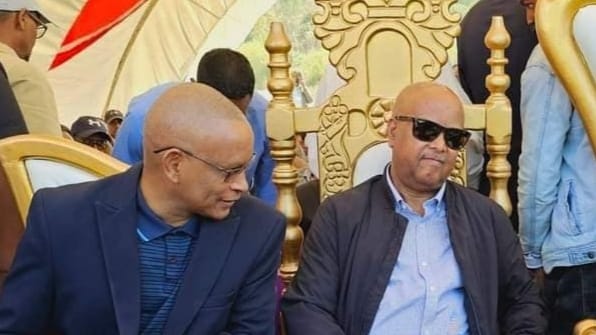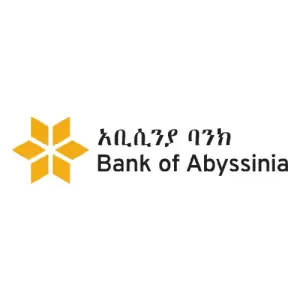The two-year-long conflict between Tigray forces (TPLF) and federal forces concluded in November 2022, but recent developments suggest that the specter of war looms again. This raises questions about TPLF’s intentions and whether they are preparing for another conflict.
Opposition Leader’s Claim
Kibrom Berhe from Baytona party, an opposition political party in Tigray, recently stated that TPLF is gearing up for another war. He accused TDF (Tigray Defense Forces) of being intertwined with TPLF’s internal affairs, making it challenging to distinguish between the two.
Military Officer’s Press Briefing
Tadesse Werede, a senior military officer from Tigray, held a press briefing highlighting the non-implementation of the Petoria deal. Issues such as disputed territories, the return of displaced persons, and the withdrawal of non-federal forces remain unresolved, contributing to escalating tensions.
Political Dialogue Stalemate
Despite behind-the-scenes dialogues, no significant progress has been made in political discussions. The proposal shared by the federal government for a referendum in the Tigray region is unacceptable by TPLF, further straining relations.
TPLF and TDF Frustration
TPLF and TDF leaders express frustration over various issues, including the delayed completion of TDF’s demobilization, the return of displaced persons, and the lack of political dialogue. This frustration stems from the perception that the federal government is not honoring its commitments.
Opportunistic Strike
Another perspective suggests that TPLF may view the current political landscape as an opportunity to strike. With a perceived weakened Prosperity Party, TPLF might seek an alliance with other groups to remove the current government.
Seeking a National Role
TPLF could be pushing for a more prominent role on the national stage, reminiscent of the conflict in 2020 when it was restricted to the Tigray region. This desire for a broader political influence may be a driving force behind their actions.
Regional Dynamics
The deteriorating relations between Ethiopia and Eritrea add complexity to the situation. The Ethiopian Federal Government may not get support from neighboring countries, making it a critical factor in assessing potential outcomes.
Conclusion
While it’s challenging to predict the onset of war, escalating tensions between the federal government and TPLF are evident. The uncertainty contributes to the lack of trust, unresolved issues, and complex regional dynamics. The coming days are crucial, and international observers closely monitor the situation.
Other Stories
Five Main Challenges Faced by Amhara Fano Groups in Ethiopia










More Stories
Mekelle University Students Beaten by Police
Ethiopian Federal Govt Warns Tigray Region Government
TDF leaves another major town in the Afar region